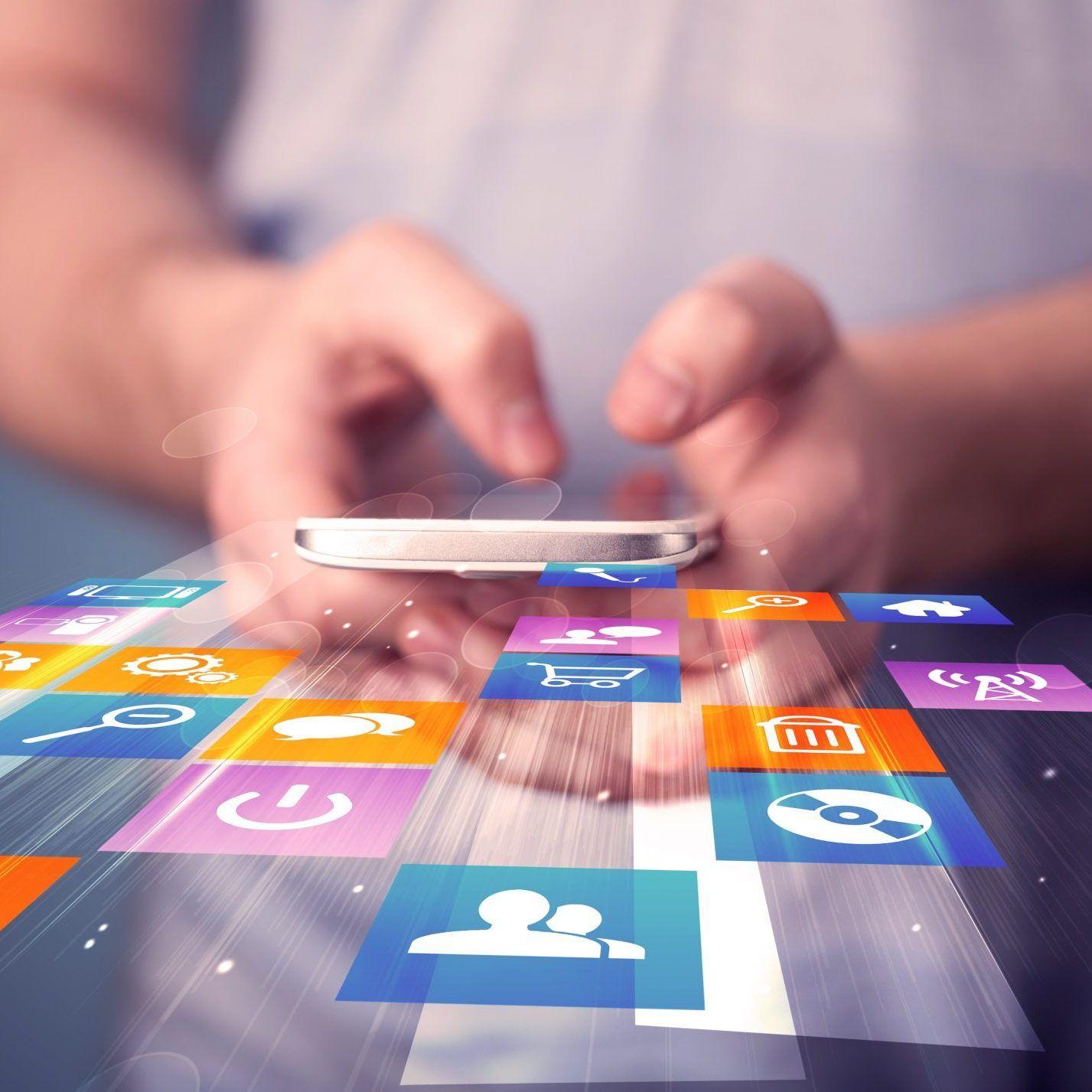Digital Transformation in Healthcare — What’s Coming in 2022?
Digital transformation is an ongoing topic in the healthcare industry that has come to the forefront in 2022.
Written by Scott Craig|Posted on July 22, 2022

Put simply, it means incorporating the use of emerging technologies to deliver the best performance for both patients and healthcare professionals. It’s not just a case of offering services via an app or website. Whether it’s virtual reality simulations for training surgeons, or using blockchain-based smart contracts for admin, the most cutting-edge technologies are proving their worth in healthcare.
One big factor in the healthcare industry going digital is the COVID-19 pandemic, which emerged in 2020 to put great strain on the healthcare industry, forcing it to adapt and adopt new technologies to handle the extra administration that came with the increased influx of patients and effectively care for patients through remote interaction where possible.
Another reason for increased digital adoption in the healthcare sector is to keep up with other industries, especially e-commerce. As consumers, patients are used to a digital, ‘on-demand’ model in many aspects of their lives, from entertainment to shopping to fitness to work collaborations, with greater options and convenience, all accessible via a smartphone app or web portal. To stay competitive in the digital economy, healthcare organizations need to keep up with the times and offer a similar level of digital accessibility.
Recent editions of the Annual Industry Pulse Survey offer valuable insights from 185 industry leaders on the role of technology in healthcare in recent years. The 2019 survey identifies changing consumer demand in the digital age, online patient access, digital records, and cybersecurity, whereas the 2020 edition highlights the role of IT infrastructure in providing value-based care and the benefits of AI and machine learning for healthcare.
Telehealth Services
Telehealth or telemedicine simply refers to access to medical services without the need to visit the doctor in person. This includes video call appointments via smartphones or other internet-capable devices. Remote access to medical services saves time and money for both patients and institutions by eliminating unnecessary contact hours, wait times, and paperwork from less in-person contact. Patients with mobility issues can also benefit greatly.
Telemedicine is best provided via patient portals, software platforms that allow patients to submit and access their data, track appointments and medication, and contact their provider. This provides a more engaging customer experience for patients and reduces the risk of miscommunication and mistakes. Because of the sensitive data handled, patient portals must be developed with robust cybersecurity measures.
Artificial Intelligence
Artificial Intelligence (AI) refers to using machine learning to improve processes in healthcare that may have previously required manual input by humans, sometimes working at over 150x human speed. AI is used to speed up the process of diagnosis or scanning test results, suggest new pharmaceutical compositions, and prevent identity theft. This not only saves time and money, but minimizes the potential for human error and allocates in-person resources to where they are most needed.
Augmented Reality (AR) / Virtual Reality (VR)
Virtual reality (VR) refers to immersive experiences within computer-generated environments, typically via a head-mounted display and handheld controllers. Augmented reality (AR) refers to computer graphics overlayed over the real world.
Both of these technologies enable the testing of new ideas and techniques in a realistic environment before putting them into practice in the real world. Examples of this in medicine include precise 3D models of the human body to test drugs or surgical techniques. Immersive simulations can also be used in therapy, psychological treatment, rehabilitation, and addiction treatment.
Blockchain
Although commonly associated with cryptocurrencies, blockchain technology has many advantages for the healthcare industry. Chiefly, blockchains store data on a ledger maintained by a peer-to-peer network. Such data is extremely difficult to tamper with without gaining control of the entire network and as such offers very secure data storage that ensures patient privacy and integrity of records. Furthermore, the implementation of smart contracts can cut down on bureaucracy and error when it comes to logistics and collaborations between healthcare entities.
IoMT and Wearable Tech
The Internet of Medical Things (IoMT) refers to a network of internet-connected devices for medical purposes, including remote-controlled wearable technology, like fitness trackers, monitors, and smartwatches that transmit health data to the healthcare organization’s software infrastructure. This allows accurate monitoring of important metrics, such as blood pressure, blood glucose levels, ECG, etc., without having to schedule in-person tests.
As a major partner of one of the most important pediatric hospitals in the US, AccelOne has years of expertise in the field of developing medical software.
To learn more about how our nearshore software development team can help you transform your healthcare org’s digital infrastructure, contact us online or call 1.800.863.6814.

Scott Craig
CEO
Co-Founder
Kirkland, WA, USA
View profile